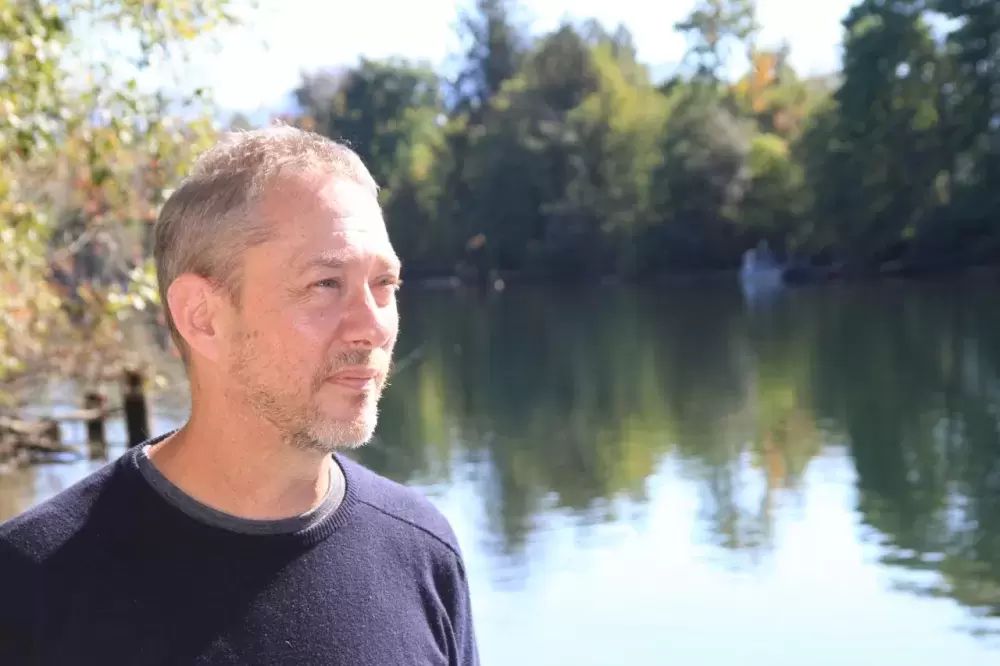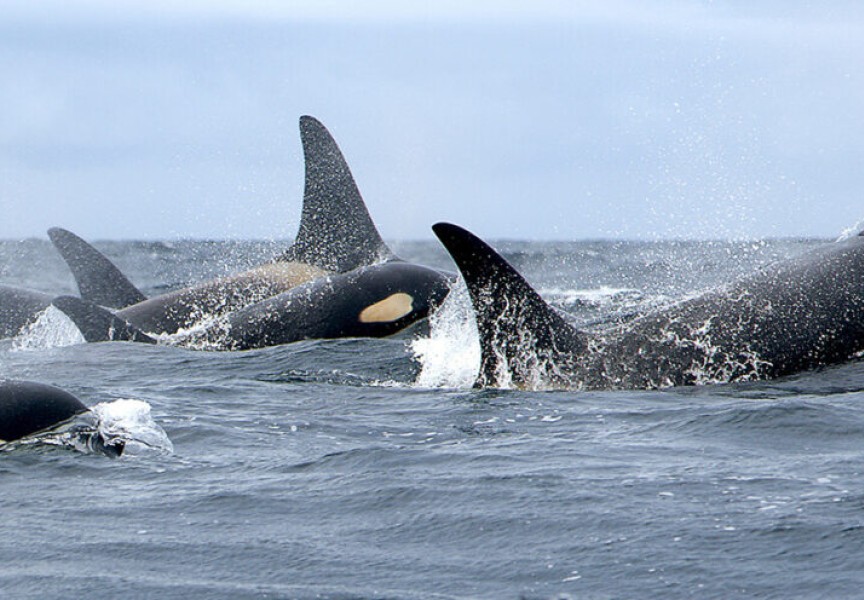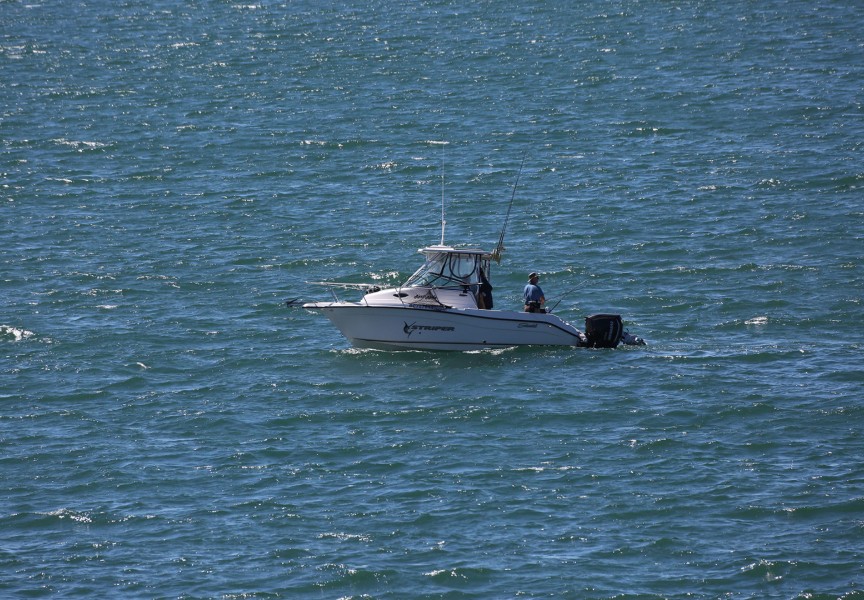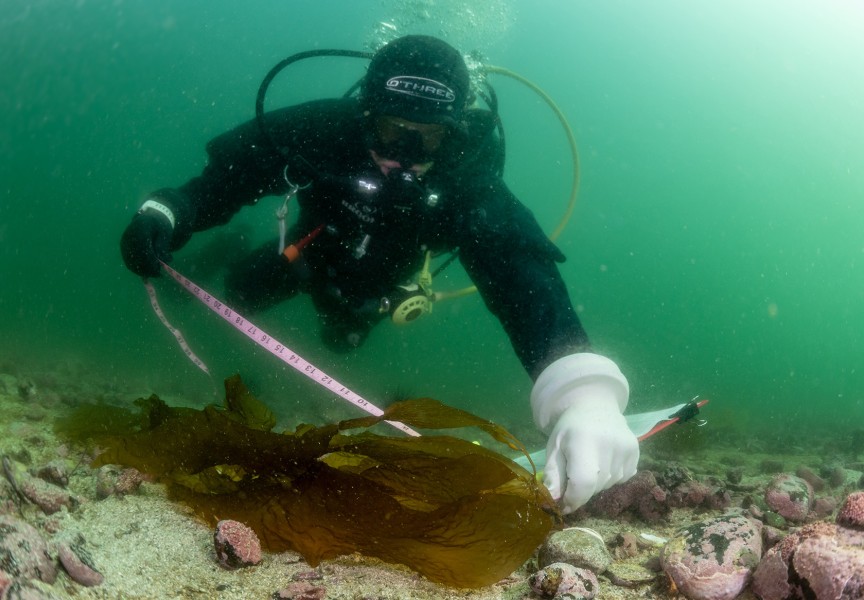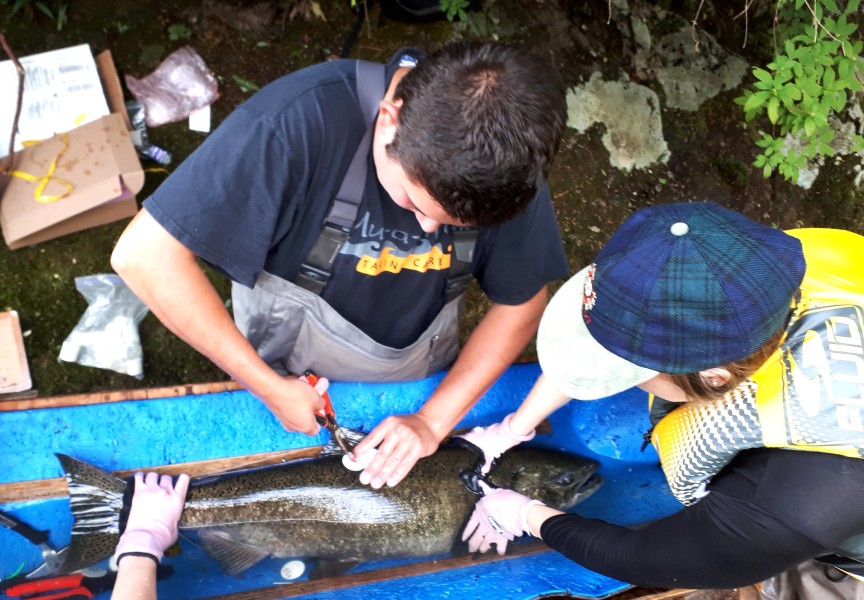It’s time for Canada to take a different look at its connection to the land and water, says a historian and social scientist who began his post managing the Nuu-chah-nulth Tribal Council’s fisheries department in September.
Eric Angel is now fisheries program manager of Uu-a-thluk - which means taking care of in Nuu-chah-nulth - a new role that comes after decades of studying First Nations history and Indigenous peoples ties to fisheries. He has worked as a historian on First Nations land claims for 24 years and served as an expert witness in court cases and environmental review processes. Angel founded and took part in growing the research firm Public History, and with a PhD in natural resource management from Simon Fraser University, he looks forward to working closely with Nuu-chah-nulth communities to foster a sustainable and respectful stewardship of the Ha-houlthee.
Fisheries management requires a more complex understanding than the perspective that commonly drives government policy in Canada, said Angel.
“Our whole relationship is based on a very utilitarian view of nature: nature has resources that we extract to satisfy our needs. I think that as long as we have that attitude we’ll never have a sustainable relationship with nature,” explained Angel, who recently relocated from Vancouver to Uu-a-thluk’s south office in Port Alberni. “That’s not how First Nations see it, and it’s really difficult to try and get those conversations together, because the First Nations perspective doesn’t fit into a balance sheet or a cost-benefit analysis.”
Angel’s experience studying fisheries includes four summers in Prince Rupert examining the Skeena River, where he gained an understanding of how different stakeholders relied on the natural resource, including the United Fishermen and Allied Workers Union, the Northern Native Fishing Corporation, as well as the Native Brotherhood of BC.
“I spent a lot of time hanging out with fishermen and with DFO managers in meetings, just watching how everyone is interacting,” he said, noting that the proposed Northern Gateway Pipeline and LNG developments indicated common concerns among the different parties. “There’s a lot of long-standing historical conflict in the fishery, so I got to watch the Brotherhood and the Union try to find some common ground.”
Angel belonged to the Canadian Fisheries Research Network, a group of scientists who developed a framework for sustainable fisheries in Canada. By listening to the concerns of First Nations and coastal communities, Angel believes that this approach can be applied to the west coast of Vancouver Island. The main considerations are ecosystem dynamics, the well-being of communities, the future of women in fisheries, the role of government and social justice issues, like the effects of the Ahousaht et al. vs. Canada case. This brewed for several years in court until the aboriginal right to sell fish caught in traditional territory was upheld by the B.C. Court of Appeal. In 2014 the Supreme Court of Canada denied the federal government’s final request to have the case heard in the country’s highest court, thereby upholding previous rulings from B.C.
The fisheries program manager hopes that the rights proven in the Ahousaht case will eventually extend to other Nuu-chah-nulth nations.
“These are fishing communities, these are fishing nations, these are fishing people. They need to be involved in the fisheries,” said Angel.
As he listens to the concerns of Nuu-chah-nulth communities with an ancient connection to the waters, a big part of Angel’s role will be working with Fisheries and Oceans Canada. As a “vertically integrated” department reliant on the discretion of its federal minister, involving small coastal communities in the decision making process can be a challenge, said Angel. The DFO mainly focuses on the dynamics of fish populations more than the social impacts of fisheries, he added.
“They don’t look very much into the economic impacts - they used to more back in the ‘70s and ‘80s - but they have largely dropped much attention to that, and they certainly don’t pay very much attention at all to the social impacts of fisheries,” he said. “If you have active, thriving fishing communities, you’ve got people who come into the community, they’re earning good money, they have viable livelihoods, they serve as role models for youth.”
Angel sees his new position as part of the widespread reconciliation movement to redefine how First Nations fit into Canada’s future. He believes that the last time the West Coast fisheries were sustainable was in the 19th century when First Nations were managing the waters. After generations of European-led development, it’s time to learn more from these ancestral practices.
“Sustainability for me is a way of making wise choices about how we live in the world, and that includes how we manage our fisheries, how we manage our forestry resources, they’re all connected,” said Angel, noting that a different outlook is needed in our relationship with nature. “I really think that First Nations have been and will continue to lead the way in that shift.”

